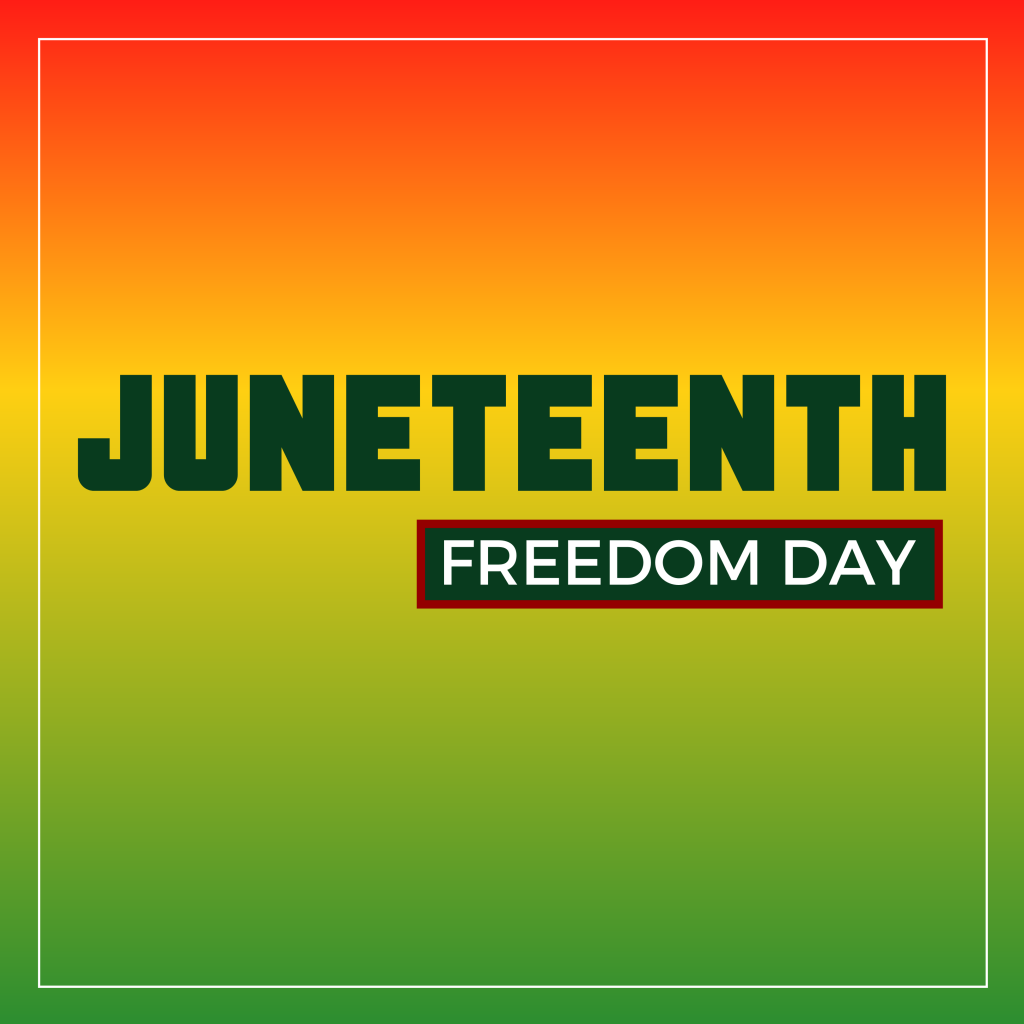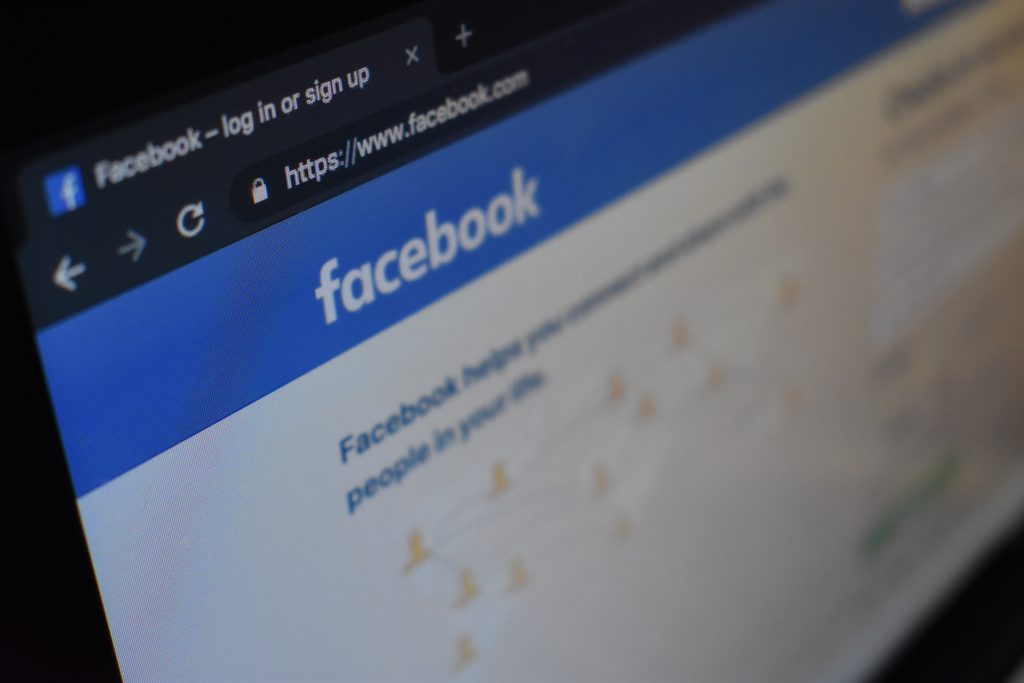Eight minute read
The rise of social media has unquestionably changed the way society communicates, consumes information, and formulates opinions. But what has it meant for the social justice movement? Has it helped or hurt? Soundbytes posed the question to Aaron Gordon and Isabelle Hernandez, who offer differing points of view on the subject.
Point: Social Media has Supercharged the Racial Justice Movement. That’s a Good Thing.
By Aaron Gordon

An analysis by The New York Times estimates that upwards of 26 million Americans participated in Black Lives Matter protests over the past several weeks – dating back to the untimely death of George Floyd at the hands of Minneapolis police officers. If those numbers are accurate, that makes this weeks-long series of protests the largest social justice movement in U.S. history.
Think about that for a moment – larger than the Montgomery Bus Boycott, Dr. Martin Luther King’s March on Washington, the anti-war protests of the 1960s, the Million Mom March in support of gun control, and countless other organized demonstrations that have taken place over the years.
The underlying themes of this latest round of protests may bear similarities to those echoed during Dr. King’s March or the Bus Boycott of 1955, but the sheer level of participation in this summer’s events has been several times greater – notwithstanding the fact that they’ve taken place during a pandemic.
I credit the advent and pervasiveness of social media with propelling the Black Lives Matter movement to national prominence and creating a groundswell of grassroots support. Here are three examples of how social media has helped to accelerate the growth of this movement:
- Society now has a highly visible platform for voicing support.
 On Blackout Tuesday, millions of people and businesses posted a simple image of a black square on social media – a symbol of support for the Black Lives Matter movement. While that act alone does not equate to substantive support for racial justice, digital platforms have unquestionably raised the profile of the movement to the point of near ubiquity. Suddenly, thanks largely to social media, celebrities, corporations, and public officials have felt compelled to voice supportive messages of their own. We saw another example on Juneteenth, when social media accounts flooded the Internet with calls for creating a new national holiday honoring the freeing of our nation’s slaves. This social media activity may not be enough to bring change, but it’s a welcomed and necessary starting point.
On Blackout Tuesday, millions of people and businesses posted a simple image of a black square on social media – a symbol of support for the Black Lives Matter movement. While that act alone does not equate to substantive support for racial justice, digital platforms have unquestionably raised the profile of the movement to the point of near ubiquity. Suddenly, thanks largely to social media, celebrities, corporations, and public officials have felt compelled to voice supportive messages of their own. We saw another example on Juneteenth, when social media accounts flooded the Internet with calls for creating a new national holiday honoring the freeing of our nation’s slaves. This social media activity may not be enough to bring change, but it’s a welcomed and necessary starting point. - Organizations can more easily mobilize stakeholders and raise funds. Nearly 19 million people have signed an online petition at Change.org demanding justice for George Floyd, making it the largest outpouring of support in the website’s history. Likewise, the New York Times reported that two national networks raising bail funds for detained protesters ultimately collected $90 million in the span of just two weeks. On a more practical level, social media has afforded movement organizers with a digital megaphone capable of sharing protest details and enlisting participants at the drop of a hat. It’s hard to imagine that the organizations behind the Black Lives Matter movement would have been able to galvanize this level of support without the help of Facebook, Twitter, Instagram, and the like.
- Racial injustice is now more difficult to ignore. The transparent, instantaneous nature of social media has turned a spotlight onto police brutality and public acts of racism and hatred which may otherwise have never seen the light of day. Suddenly, anyone can be a publisher and decades-old TV interviews and yearbook posts are going viral. Without the videos that first aired on social media, the circumstances of Mr. Floyd’s death may still be uncertain. Instead, four police officers are facing charges ranging from second-degree murder, to aiding and abetting murder.
In the span of just over a month, we’ve seen long-debated symbols of racial injustice unravel. Mississippi is eliminating the Confederate emblem from its state flag, Civil War statues are being dismantled in cities across America, and the owners of the Washington Redskins have finally agreed to revisit the team’s name after years of public pressure. It’s conceivable to think that none of these steps forward would have materialized without the force of social media.
Counterpoint: Social Media Shouldn’t be a Crutch in the Social Justice Movement
By Isabelle Hernandez
 Social media is a complicated beast. On one hand, it allows for rapid dissemination of information; on the other, it enables anonymity and allows questionable behavior to occur with little consequence. While social media has proven to be a wonderful business and branding tool, it has also been criticized for its part in creating false realities promoted by influencers and brands. As a result, it has become increasingly difficult to decipher what is and isn’t real on social media.
Social media is a complicated beast. On one hand, it allows for rapid dissemination of information; on the other, it enables anonymity and allows questionable behavior to occur with little consequence. While social media has proven to be a wonderful business and branding tool, it has also been criticized for its part in creating false realities promoted by influencers and brands. As a result, it has become increasingly difficult to decipher what is and isn’t real on social media.
This problem directly affects the social justice movement blazing through our world. Though groups like Black Lives Matter are using social media to organize and demand changes to the systemic racism deeply ingrained in our society, those same digital platforms are allowing people to contort and latch on to this movement in unhelpful ways.
Here are three examples of how social media threatens to undermine the movement:
- Voicing support and actually providing support are two entirely different things. Social media has given rise to “performative allies” whose activism is intended to increase one’s social capital rather than support a cause in a substantive manner. While performative allies may have good intentions, it’s important to distinguish gestures from actions. Most would agree that posting a black square on Instagram isn’t enough to incite change. But when you compare the approximately 30 million profiles that posted a black square with the 9 million who signed the petition to arrest the police officers who killed Breonna Taylor, you begin to understand the disparity between posting and acting. In past social justice movements, the only way to voice support for those seeking justice was by physically showing up and putting yourself on the line for the cause. Now, some are engaging in “slacktivism” – when you use hashtags and posts instead of time and money to fight for a cause. We need to collectively work on creating a better mix of tools, resisting the urge to rely too heavily on social media as our only form of activism.

- Hate groups and dissenters can proliferate and mobilize just as easily as support groups. This is an unfortunate reality we are living through. Facebook is facing the full reality of this, as the company struggles to weigh its responsibility for allowing hate-driven campaigns to operate on the platform without oversight. As a result, the social media giant is dealing with a massive advertising boycott from hundreds of companies. Likewise, Reddit recently had to do an in-depth sweep of their platform, removing nearly 2,000 subreddit groups which were all spreading hate and misinformation. It is encouraging to see that there are some efforts from platforms like Twitter to quell the spread of hate and misinformation; hopefully these measures will quickly be adopted by all social platforms to make them a safer place for all people. Until that happens, hate-fueled groups will continue to lurk in the shadows of online communities.
- We shouldn’t need viral videos to be convinced there is a problem. This reliance on videos and content for proof that racism and hate is pervasive in society is having the adverse effect of making it more difficult to seek justice for crimes that weren’t caught on tape. All you need to do is look at Breonna Taylor’s case, where not a single person has been arrested for her murder, to see that a handful of viral videos haven’t encouraged the kind of change yet that our system needs. Activists argue that these videos can be considered harmful because they’re desensitizing us to scenes of violent crimes being committed against Black people and other minorities. Because the nature of social media encourages these kinds of videos to go viral, it’s undermining the cause for racial equity by dehumanizing the people this movement is trying to support and reducing their identities to what we see in one video of them.
While the growth of this social justice movement can certainly be credited in part to the use of social media, the medium must be used with discretion and cannot serve as a crutch for tangible action. And in appreciating social media’s role as a communications tool, we must also acknowledge that the expanse of the Internet has created ‘safe spaces’ for hate.







 See More Blogs
See More Blogs
Comments